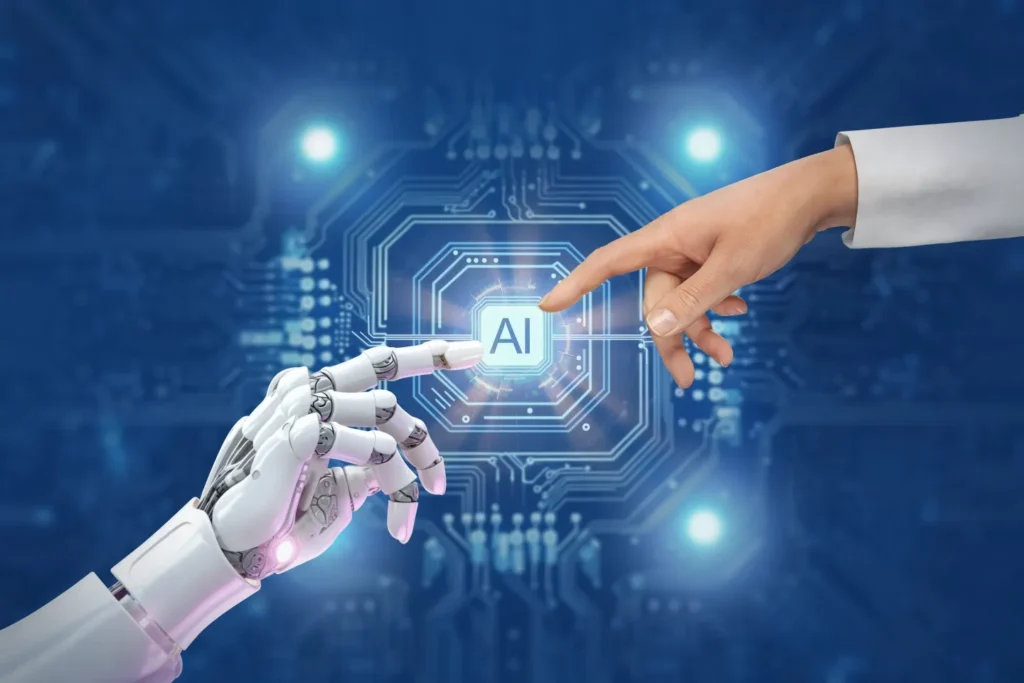India is rapidly positioning itself as a global AI powerhouse, with the demand for AI professionals projected to reach one million by 2026, according to recent reports from Zee News and Times Now News. This surge is a cornerstone of India’s ambitious plan to boost its economy to $3.5 trillion in the near future, driven by digital transformation and AI adoption across various industries. Moreover, the country aspires to become a USD 23 to USD 35 trillion economy by 2047, making AI development a critical factor in achieving this vision. The India Skills Report 2024 by Wheebox forecasts that India’s AI industry will reach USD 28.8 billion by 2025, growing at an impressive compound annual growth rate (CAGR) of 45 percent.
Rapid Growth in AI Talent and Educational Seats
This rapid expansion in AI demand is reflected in the remarkable 14-fold increase in the AI-skilled workforce from 2016 to 2023, which places India among the top five fastest-growing AI talent hubs globally, alongside Singapore, Finland, Ireland, and Canada. The surge in technical education also supports this growth trajectory; tech seats for the 2024-25 academic year have risen to 14.9 lakh, marking a nearly 16 percent increase over four years. This growth is driven largely by a more than 50 percent rise in seats for Computer Science and allied streams such as Artificial Intelligence, Machine Learning, Data Science, Cybersecurity, Cloud Computing, and Blockchain. These trends mirror the strong industry demand for skilled professionals capable of driving innovation and applying AI technologies effectively.
Addressing the AI Skills Gap
Despite these encouraging numbers, India faces a significant skills gap. The fast-paced AI adoption across sectors such as IT, healthcare, finance, retail, manufacturing, and agriculture has led to an unprecedented demand for professionals like data scientists, machine learning engineers, AI researchers, and product managers. To bridge this gap, the government, academic institutions, and industry players are collaborating to implement upskilling and reskilling initiatives. Government schemes promoting AI education and research are complemented by industry partnerships aimed at developing relevant curricula, while private organizations offer bootcamps and certification programs to accelerate talent development.
Economic Impact of AI on India’s Growth
The economic impact of AI in India is projected to be transformative. Experts estimate that AI adoption could contribute approximately $957 billion to India’s GDP by 2035, catalyzing growth through improved productivity, innovation, and new business models. This AI-driven expansion is seen as integral to achieving the $3.5 trillion GDP target and bolstering India’s global competitiveness across multiple sectors. The synergy between AI talent development and economic strategy will be essential as India positions itself at the forefront of global digital economies.
Government and Industry Initiatives Supporting AI Growth
The Indian government has launched several initiatives to foster an AI-friendly environment. The National AI Strategy emphasizes sectors such as healthcare, agriculture, education, and smart cities, aiming to leverage AI for inclusive growth and social good. Investments in AI research centers and innovation hubs further strengthen the country’s AI ecosystem, while policies promoting ethical AI practices and data privacy seek to ensure responsible development. Major industry players, including Tata Consultancy Services (TCS), Infosys, and Wipro, alongside numerous AI startups, are actively contributing to building the AI talent pipeline and driving innovation.
Preparing India for an AI-Driven Future
Experts stress the importance of a multi-stakeholder approach that includes policymakers, academia, industry, and civil society to nurture AI talent sustainably. Focus areas such as promoting diversity and inclusion in the AI workforce, strengthening ethical frameworks, and supporting continuous learning and adaptation will be critical as AI technologies evolve rapidly. India’s ambitious goal of developing one million AI professionals by 2026 is not only achievable but essential for securing its place in the global digital economy and paving the way toward a $23 to $35 trillion economy by 2047.
AI & Big Data Expo Europe 2025 Set to Take Place in Amsterdam This October.
Follow tecnews.world for in-depth coverage of AI trends, technology policies, and the evolving landscape of India’s technology industry.



